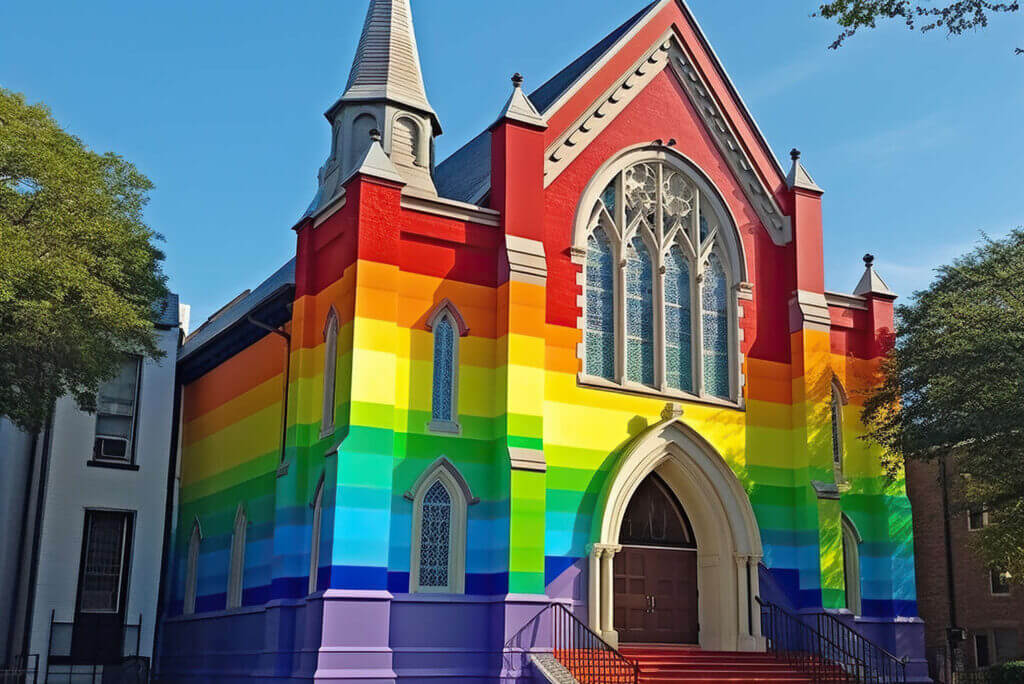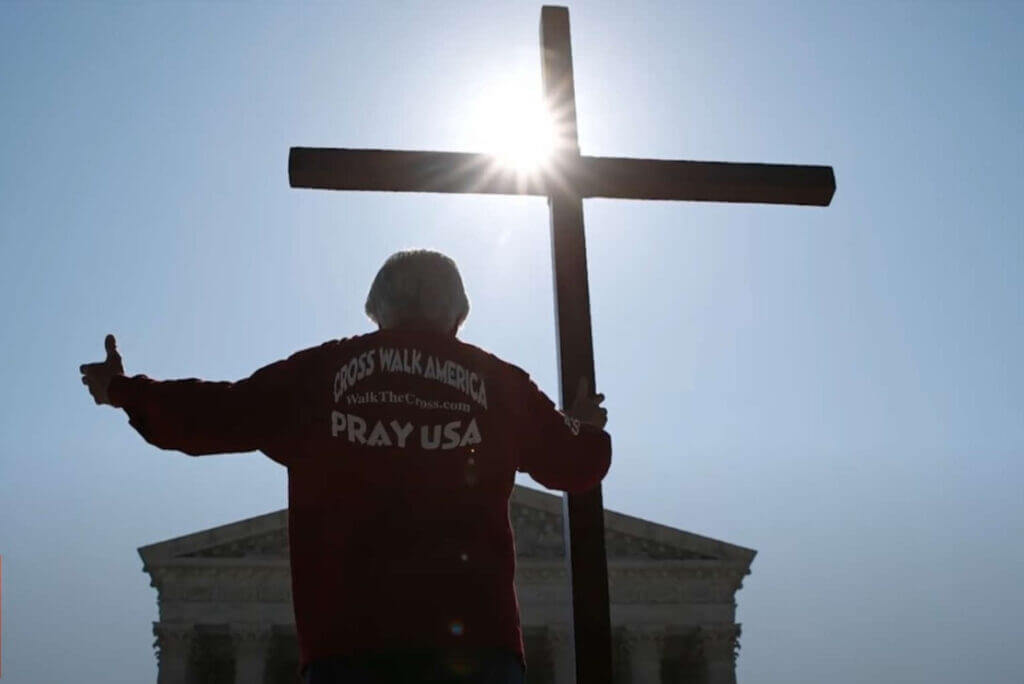In an unprecedented move Sunday, pastors from across the nation gave their personal political views from their pulpits, openly defying tax rules for nonprofit organizations.
Pulpit Freedom Sunday, an initiative of the conservative, Arizona-based legal group Alliance Defense Fund (ADF), garnered widespread support from pastors nationwide who want to challenge a U.S. tax code, written in 1954, that bars them from preaching about politics.
“Pastors have a right to speak about biblical truths from the pulpit without fear of punishment,” said senior legal counsel Erik Stanley for ADF, which promised to represent for free any pastor challenged by the Internal Revenue Service (IRS). “No one should be able to use the government to intimidate pastors into giving up their constitutional rights.”
On Monday, a religious liberty watchdog group based in Washington, D.C., filed complaints with the IRS against six of the 31 churches that participated. “This is one of the most appalling Religious Right gambits I’ve ever seen,” said Barry W. Lynn, executive director of Americans United for Separation of Church and State. “These pastors flagrantly violated the law and now must deal with the consequences.”
Americans United called Pulpit Freedom Sunday “a mass defiance of federal tax law.” “Church leaders are supposed to tend to Americans’ spiritual needs, not behave like partisan political hacks,” Lynn said. “I urge the IRS to act swiftly in these cases.”
Stanley countered that preaching about the moral qualifications of candidates running for office is a First Amendment right of pastors, despite the federal tax regulations that prohibit them from intervening or participating in a political campaign.
“What’s important is the ability of the pastor to be the leader of the church,” Stanley told Charisma Tuesday. “Pastors [should] be able to stand in the pulpit, speak scriptural truth as they see it, and not have the government come in, look over their shoulders and say, ‘You can’t say that.’
“In essence,” he added, “what we’re really trying to do here is enforce a very healthy separation between church and state, keeping the government out of the pulpits of America when a pastor stands to speak scriptural truth.”
Before the pulpit initiative launched, hundreds of churches expressed an interest in participating. Stanley said for reasons of legal strategy the list was narrowed down to 33 churches. He said two of those congregations plan to participate in the coming weeks.
The ADF also ensured that each pastor had the full support of their church boards and that they all understood the risks and benefits of the project.
Stanley said pastors were bold about their participation, immediately reporting themselves to the IRS by mailing transcripts of their sermons and inviting investigations.
“If the [IRS] comes after them, we’ll file suit,” Stanley said. “If the IRS does nothing, then I think that speaks volumes in and of itself—that what these pastors did was not a violation. We’re very much respectfully working within our system of laws, which allows for … civil rights challenges.”
Lynn, however, believes pastors should play no role in challenging federal laws. “A pastor who knowingly violates federal tax law is setting a poor example for his or her congregation,” he said. “Every pastor who took part in this stunt ought to be ashamed.”
The six churches reported to the IRS by Americans United were: Bethlehem First Baptist Church in Bethlehem, Ga.; Fairview Baptist Church in Edmond, Okla.; Warroad Community Church in Warroad, Minn.; Calvary Chapel on the Kings Highway in Philadelphia; First Southern Baptist Church in Buena Park, Calif.; and New Life Church in West Bend, Wis.
Lynn argued that when five of the six churches endorsed Republican presidential candidate John McCain, “it’s hard not to see the ADF scheme as partisan in character.”
Yet the ADF team of lawyers holds that pastors have been muzzled in their pulpits for too long and have every right to express their moral views regarding elections and candidates. “We expected this to end in litigation,” Stanley said. “This is a very serious, very sober-minded challenge to an unconstitutional law. This is not a publicity stunt. This is not a political ploy.
“It’s not about any particular candidate. It’s not about any particular party. It’s not a conservative or a liberal issue. The issue is not whether a pastor or a church must endorse or oppose a candidate. The issue is, ‘Who gets to regulate that?’ It’s not the government that should regulate that.”
See an error in this article?
To contact us or to submit an article






















